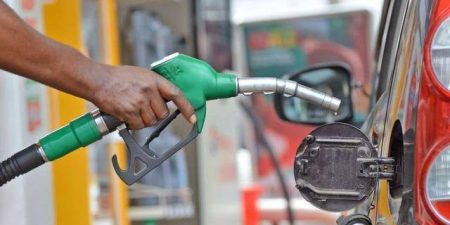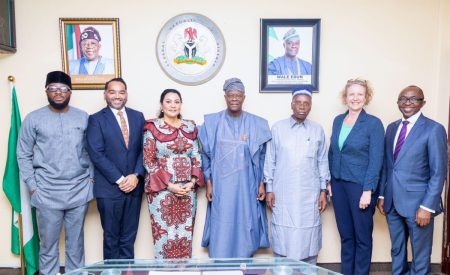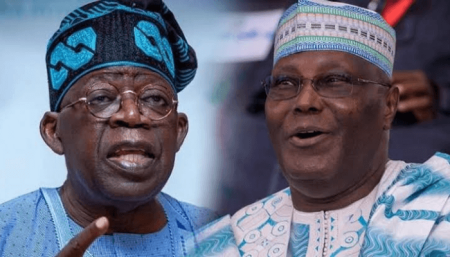 07 March 2016, Sweetcrude, Port Harcourt — There were three basic reasons Nigerians wanted Muhammadu Buhari back in the presidential saddle: he had a tonne of experience in statecraft having been involved in governance and policy making from 1975 to 1984; he was reputed to have no patience with corruption and the corrupt; he was an ascetic man, having no hunger for amassing wealth.
07 March 2016, Sweetcrude, Port Harcourt — There were three basic reasons Nigerians wanted Muhammadu Buhari back in the presidential saddle: he had a tonne of experience in statecraft having been involved in governance and policy making from 1975 to 1984; he was reputed to have no patience with corruption and the corrupt; he was an ascetic man, having no hunger for amassing wealth.
Nigerians who desired his return to the presidency was satisfied that these were sufficient credentials to arrest the drift in societal values and the complex puzzle that was the Nigerian economy. The gentleman had waved the wand in the past and gotten unruly Nigerians to queue up in public places, including Oshodi Bus Stop. He had barked and drug peddlers redirected their resources and energies into other ventures. As it was narrated back then, some found coup plotting, letter bombing and “soccer” more profitable ways of avoiding the general’s execution squads. Yes, Muhammadu Buhari is a good man and the Nigerian people voted him back to continue the good deeds he had set upon before the actualisation of his plans were aborted by events.
Need is a naked woman; all ages of women want their privates securely covered. Need is a thirst; all men have to quench it. Need is like chlorophyll in a plant; if a plant does not synthesise it; it is no longer a plant. Need is the Nigerian masses, PDP, APC, Christians, Imams, Hindus and the ubiquitous Asewo at the Bar Beach. Need makes men think, critical, analytical; it is a genuine wager as to who in the context of need drops his zealotry or a hot pot of kettle faster. In the aftermath of the Presidential elections in Nigeria, hope became a Nigerian, building beautiful monuments of change in all aspects of our national life.
For the stakeholders and operatives of the oil and gas industry, fear, jitters and trepidation took up temporary residency where they once had hearts while on the other aisle, seating the watchmen of the industry and the public, there was elation and restrained celebration. The watchmen hallooed loudly that Muhammadu Buhari had said during the campaign trail that he did not know what subsidy meant. In retrospect, they wish they had been more circumspect, taking him for what he said instead of what they thought he meant. Muhammadu Buhari was contemptuous of the subsidy regime that held sway under the watch of his predecessor and political opponent, Dr. Goodluck Jonathan. He boasted or was taken out of context by the zealots to have boasted that he would deal with the combined maladies of subsidy and the supply of petroleum products in less than three months in the saddle.
All, the fanatics, the zealots, the believers, the unbelievers and the critics appear to agree that it was only after the masquerade had been worn his dancing shoes, dressed up adequately for the art that he started to practice for the event, not before as he ought to have for the benefit of all. “I do not know what subsidy means.” Pick up your pen for the briefing, Mr. President sir! Subsidy means vested interests, it is in Nigeria now the “selling point” of competent governance; it is the meeting point between trade unions, stakeholders in the polity as opposed to the industry, and, the crooks in government. These nuggets of wisdom should aid the president come to a decisive resolution that would put to rest the subsidy conundrum and provide the Nigerian masses with a stable supply of petroleum products.



